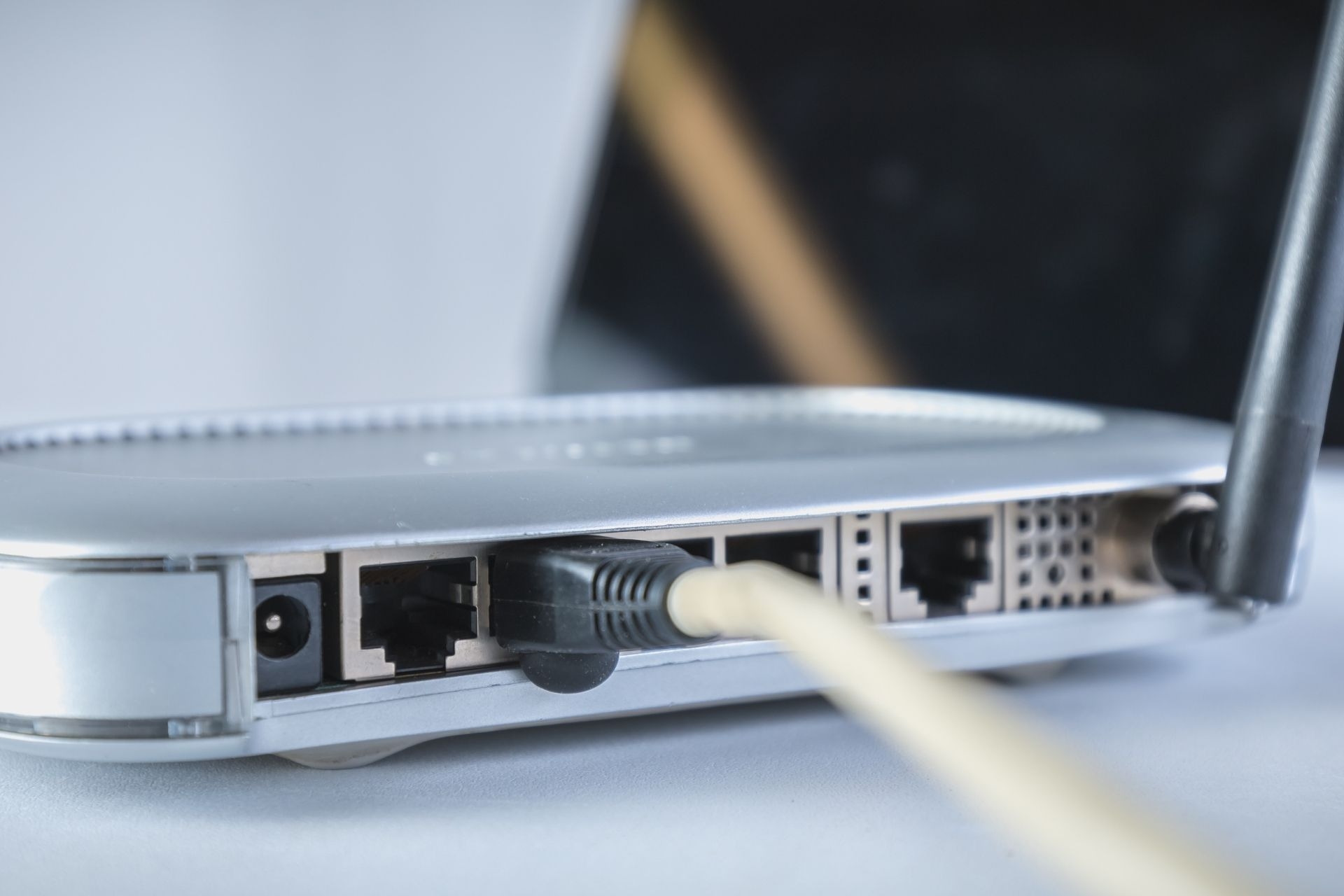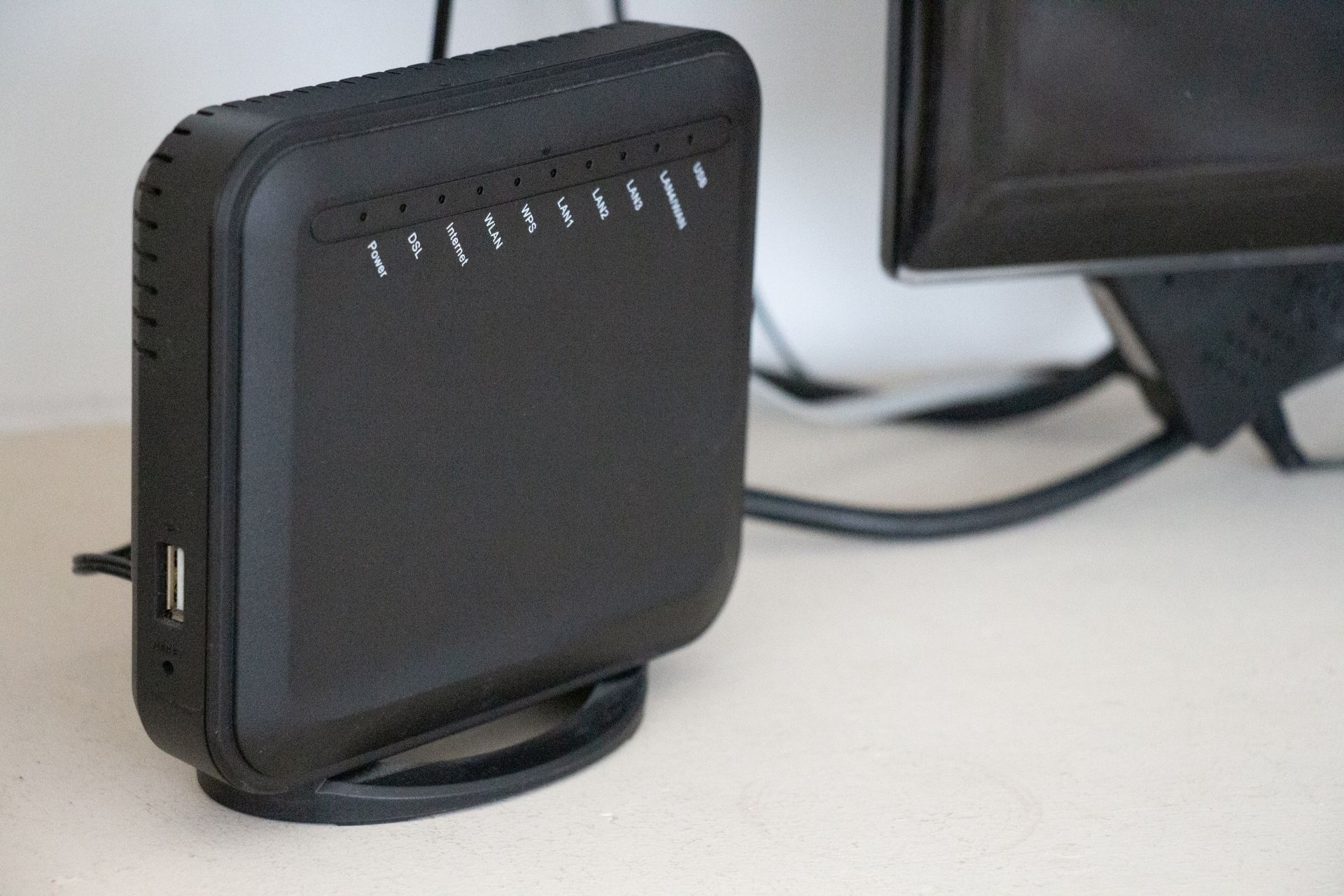

Quality of Service (QoS) is essential in bandwidth management solutions as it allows for the prioritization of network traffic based on specific criteria such as latency, jitter, and packet loss. By implementing QoS policies, organizations can ensure that critical applications receive the necessary bandwidth and network resources to function optimally, while less important traffic is limited. This helps in maintaining a consistent level of service for all users and applications on the network.
Traffic shaping is a key component of a bandwidth management strategy as it allows for the control and regulation of data traffic flow. By shaping traffic based on predefined rules and policies, organizations can prevent network congestion, prioritize important applications, and ensure a fair distribution of bandwidth among users. This results in improved network performance, reduced latency, and a more efficient use of available bandwidth.
For students and other multi-tenant property residents, high-speed internet service is no longer a luxury. It’s a necessity. Internet access is commonly referred to as the “fourth utility” and is viewed by many to be THE MOST IMPORTANT UTILITY™.

Posted by on 2023-07-20
THE MOST IMPORTANT UTILITY™ Dojo Networks provides THE MOST IMPORTANT UTILITY™ service: Reliable high-speed internet access. Internet service is touched by your residents more than their lights, hot water, or heat/AC. MDU owners and property managers agree that residents place a high priority on high-speed internet service and according to a survey by Entrata, a “basic technology package” that includes internet access tops the list of amenities for which residents are willing to pay a premium.

Posted by on 2023-05-19
Multi Dwelling Unit (MDU) Property Owners have been besieged over the past 30 years by cable and telecom companies offering to provide television and high-speed internet services through contracts that vary from simple Right of Entry (ROE) to complicated Installation & Service Agreements. Today, the complexity of these contracts continues to be great, and property owners should use caution and seek professional advice before signing any new or renewal agreements.

Posted by on 2023-05-03
Touched by your residents more than their lights or hot water, the Internet has become a required utility, and managed WiFi is the perfect way to deliver the utility to your tenants. Tenants believe that the Internet should just work—no questions asked, no matter where they are in your building or on your property. You want happy tenants, and you recognize the competitive advantage and potential income that managed WiFi offers. You also know that installing managed WiFi can require a substantial capital investment, so you need to do it right the first time, with a vendor you can trust and rely on. But how do you find the best vendor? What should you require, and what questions should you ask?

Posted by on 2023-04-27
Bandwidth throttling plays a crucial role in controlling network congestion by limiting the amount of bandwidth available to certain applications or users. By setting bandwidth limits, organizations can prevent individual users or applications from consuming excessive network resources, which can lead to slowdowns and performance issues for other users. Throttling helps in maintaining a stable and reliable network environment by ensuring that bandwidth is allocated fairly and efficiently.

Bandwidth management focuses on the overall control and allocation of network resources, while bandwidth optimization aims to maximize the efficiency and performance of available bandwidth. While bandwidth management involves setting policies, rules, and limits to regulate network traffic, bandwidth optimization focuses on techniques such as compression, caching, and protocol optimization to make the most of the available bandwidth and improve network performance.
Content filtering and application control are important aspects of effective bandwidth management as they allow organizations to control the types of content and applications that can access the network. By filtering out unwanted or non-business-related content, organizations can reduce bandwidth usage, improve network security, and ensure that critical applications have the necessary resources to function properly. Application control helps in prioritizing important applications and restricting access to non-essential ones, leading to a more efficient use of available bandwidth.

Bandwidth monitoring and reporting play a crucial role in optimizing network performance by providing organizations with real-time visibility into network traffic, usage patterns, and performance metrics. By monitoring bandwidth usage, organizations can identify bandwidth-intensive applications, detect network congestion, and troubleshoot performance issues. Reporting tools help in analyzing network data, identifying trends, and making informed decisions to optimize network resources and improve overall performance.
Bandwidth management solutions help in prioritizing critical applications over non-essential ones by allowing organizations to set policies and rules that allocate bandwidth based on application importance. By prioritizing critical applications, organizations can ensure that key business processes receive the necessary network resources to function efficiently, while non-essential applications are limited in their bandwidth usage. This helps in maintaining a consistent level of service for important applications and improving overall network performance.
MDU Internet Infrastructure Used Currently For Commercial Applications in 2024

In order to ensure Quality of Service (QoS) in Multi-Dwelling Unit (MDU) internet infrastructure, various measures are implemented. These include the use of Quality of Service (QoS) protocols such as Differentiated Services (DiffServ) and Resource Reservation Protocol (RSVP) to prioritize and manage network traffic. Bandwidth management tools are utilized to allocate resources efficiently and prevent congestion. Network monitoring and performance optimization techniques are employed to identify and address any issues that may impact QoS. Additionally, Service Level Agreements (SLAs) are established with internet service providers to guarantee a certain level of performance and reliability for residents in MDUs. Overall, a combination of technology, monitoring, and agreements are utilized to ensure a high level of QoS in MDU internet infrastructure.